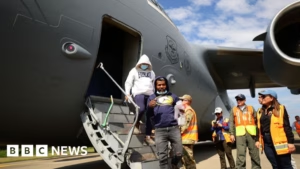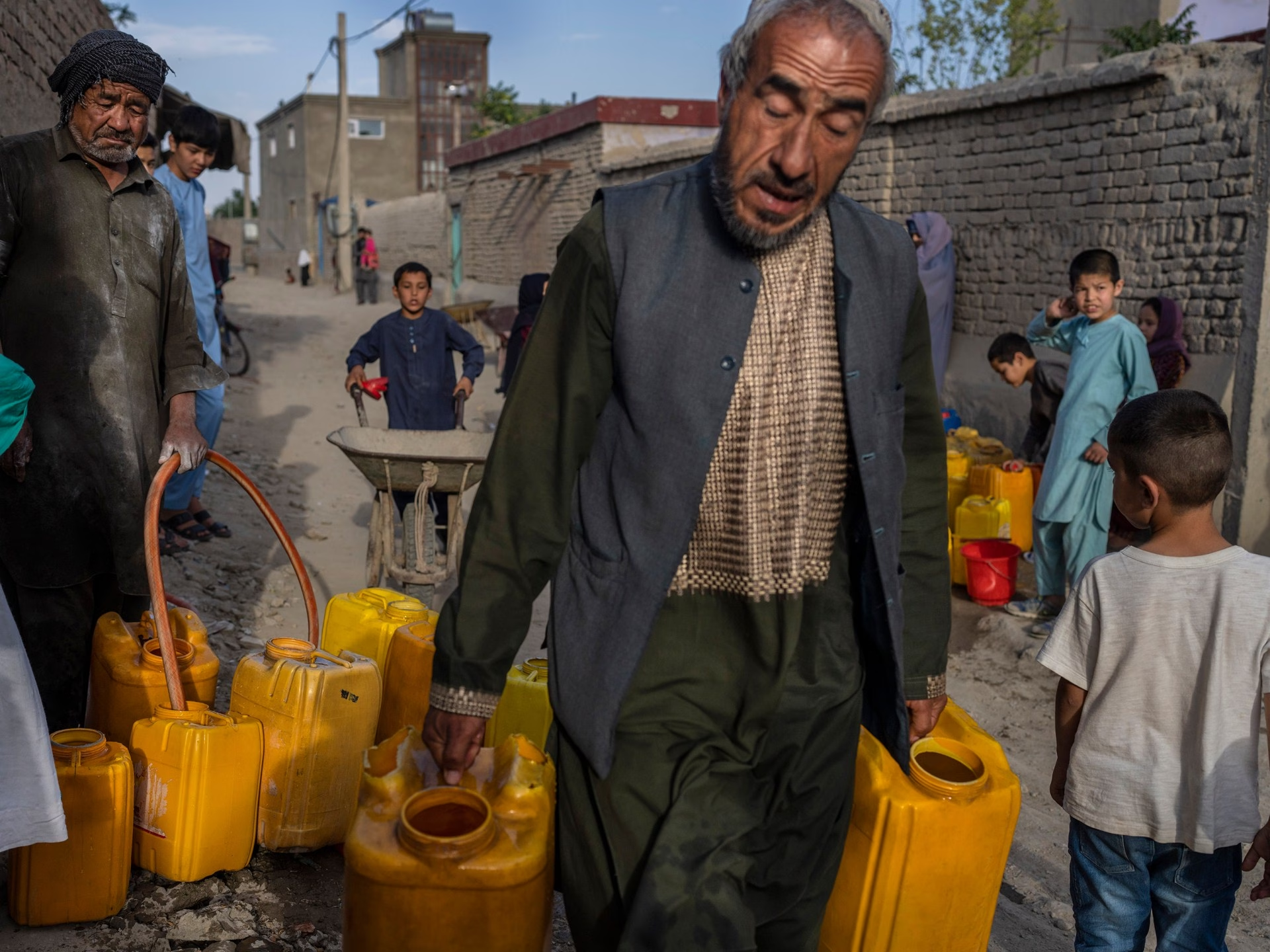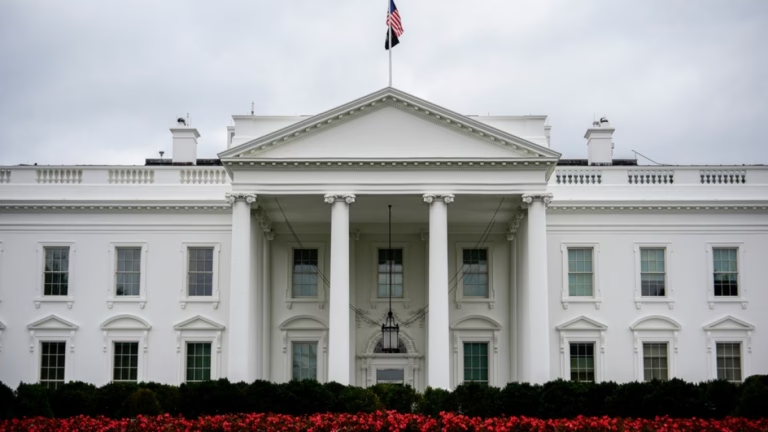Kabul, a city home to over six million people, is at risk of becoming the first modern metropolis to face a complete water shortage within the next five years, according to a recent report by Mercy Corps.
The Afghan capital’s underground water levels have drastically decreased over the past decade due to excessive extraction and climate change, the report notes. Kabul’s aquifers have dropped by 25-30 meters, with water extraction surpassing natural replenishment by approximately 44 million cubic meters annually. Without intervention, Kabul’s aquifers could dry out by 2030, potentially displacing three million residents.
The report also highlights that nearly half of Kabul’s underground boreholes, the main source of drinking water for its inhabitants, are already dry. Moreover, up to 80% of the groundwater is contaminated with sewage, arsenic, and salinity, making it unsafe for consumption.
Experts attribute the crisis to a combination of factors: climate change, governance shortcomings, and the increasing demand on existing resources as the city’s population has grown from less than one million in 2001 to over six million today. The report suggests that two decades of military intervention in Afghanistan exacerbated the situation by driving more people to Kabul while governance in the rest of the country deteriorated.
Assem Mayar, a water resource management expert, states that unless effective interventions are made, the current trend could lead to a severe water crisis by 2030. Najibullah Sadid, from the Afghanistan Water and Environment Professionals Network, emphasizes the urgency of the situation, stating that while it’s difficult to predict when the last well will run dry, the drop in groundwater levels is significantly diminishing the capacity of deep aquifers.
The crisis also exposes the divide between the city’s wealthy and poor, as wealthier residents can afford to drill deeper boreholes for water, limiting access for the poor.
Additionally, Kabul’s water resources are being exploited by hundreds of beverage and mineral water companies, as well as large-scale agricultural activities such as greenhouses, which demand substantial amounts of water annually.
Climate change has further intensified the problem, with recent years witnessing a reduction in precipitation and a reliance on snow and glacier meltwater from the Hindu Kush mountains for groundwater replenishment. Increased temperatures have also led to greater evaporation, raising agricultural water consumption.
Decades of conflict and weak governance, compounded by sanctions on the aid-dependent country, have hindered efforts to address the crisis. The Taliban-led government currently lacks the capacity and external support needed to implement effective solutions.
Experts recommend addressing the crisis by developing the city’s water infrastructure, such as artificial groundwater recharge and the development of a citywide water supply network. However, global isolation and sanctions restrict Afghanistan’s access to essential resources, technology, and funding necessary for water infrastructure development and maintenance.
Source: https://www.aljazeera.com/features/2025/7/5/end-is-near-will-kabul-become-first-big-city-without-water-by-2030?traffic_source=rss







